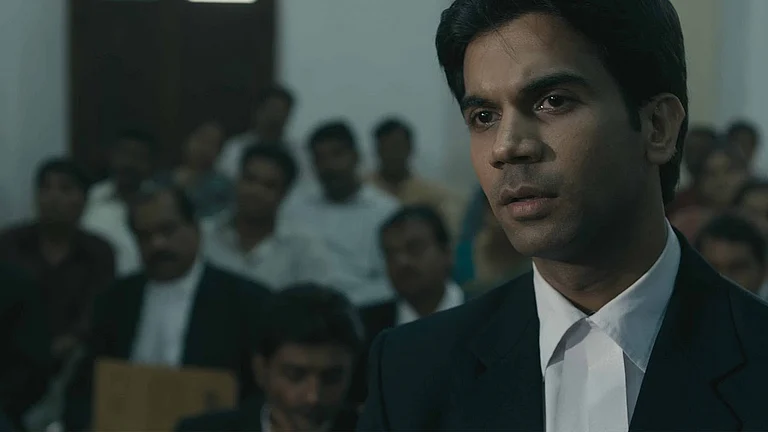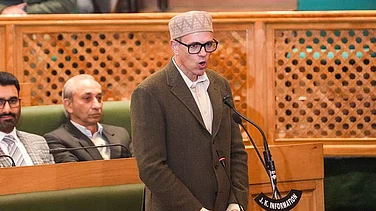A Varanasi court is expected to decide on Friday whether to make the sealed ASI survey report on the Gyanvapi mosque complex public and provide copies to both Hindu and Muslim parties. The Archaeological Survey of India (ASI) had requested a delay of four weeks in making the report public, as revealed by Madan Mohan Yadav, the lawyer for the Hindu side.
The ASI had conducted a scientific survey of the Gyanvapi premises, located near the Kashi Vishwanath temple in Varanasi, to ascertain if the 17th-century mosque was built over a pre-existing Hindu temple. The survey was ordered by the court in response to claims by petitioners regarding the mosque's origins.
After submitting the sealed survey report on December 18, the ASI referred to a recent judgment of the Allahabad High Court, seeking four additional weeks before the report is opened. The Allahabad High Court had, on December 19, dismissed pleas from the Muslim side challenging the maintainability of a suit seeking restoration of the temple where the Gyanvapi mosque stands.
Justice Rohit Ranjan Agarwal of the Allahabad High Court emphasized that the Gyanvapi compound could only have either Hindu or Muslim religious character, not both simultaneously. The court suggested concluding the trial within six months and, if necessary, directing the ASI for a further survey.
Madan Mohan Yadav mentioned that the high court order would likely be presented to the Civil Judge Senior Division Fast Track Court of Varanasi on January 19. The ASI's counsel, Amit Srivastav, argued on Wednesday that making the survey report public now might lead to contradictions, as the high court had suggested the possibility of another survey if necessary.
During the district court hearing, the Hindu side brought up its application to the Supreme Court regarding cleaning the mosque's 'wazu khana,' citing the death of fish in the area. The Muslim side objected, claiming ownership of the 'wazu khana' and requesting responsibility for its cleaning. The Hindu side clarified that the Supreme Court had sealed the 'wazu khana' and suggested that either they or the administration should handle the cleaning. This matter is also expected to be addressed in court on Friday.
The background of the issue involves a historical claim of a demolished Hindu temple and the construction of a mosque at the same site. In August 2021, four Hindu devotees sought the right to perform daily prayers in front of Hindu idols on the mosque's outer walls.
Following a local court order on May 16, the 'wazu khana' was sealed, and on May 17, the Supreme Court directed protection for the mosque portion where the Shivling was claimed.
On August 3, the Allahabad High Court permitted the Archaeological Survey of India (ASI) to conduct a scientific survey of the Gyanvapi mosque complex.


























